On my 26th birthday H gifted me a disposable camera from Fuji and man was it an object of delight! It looks like there’s nothing to it at first, but as soon as I started using it, I was hooked. There’s actually a lot to it. I like it so much that here I am raving about it.
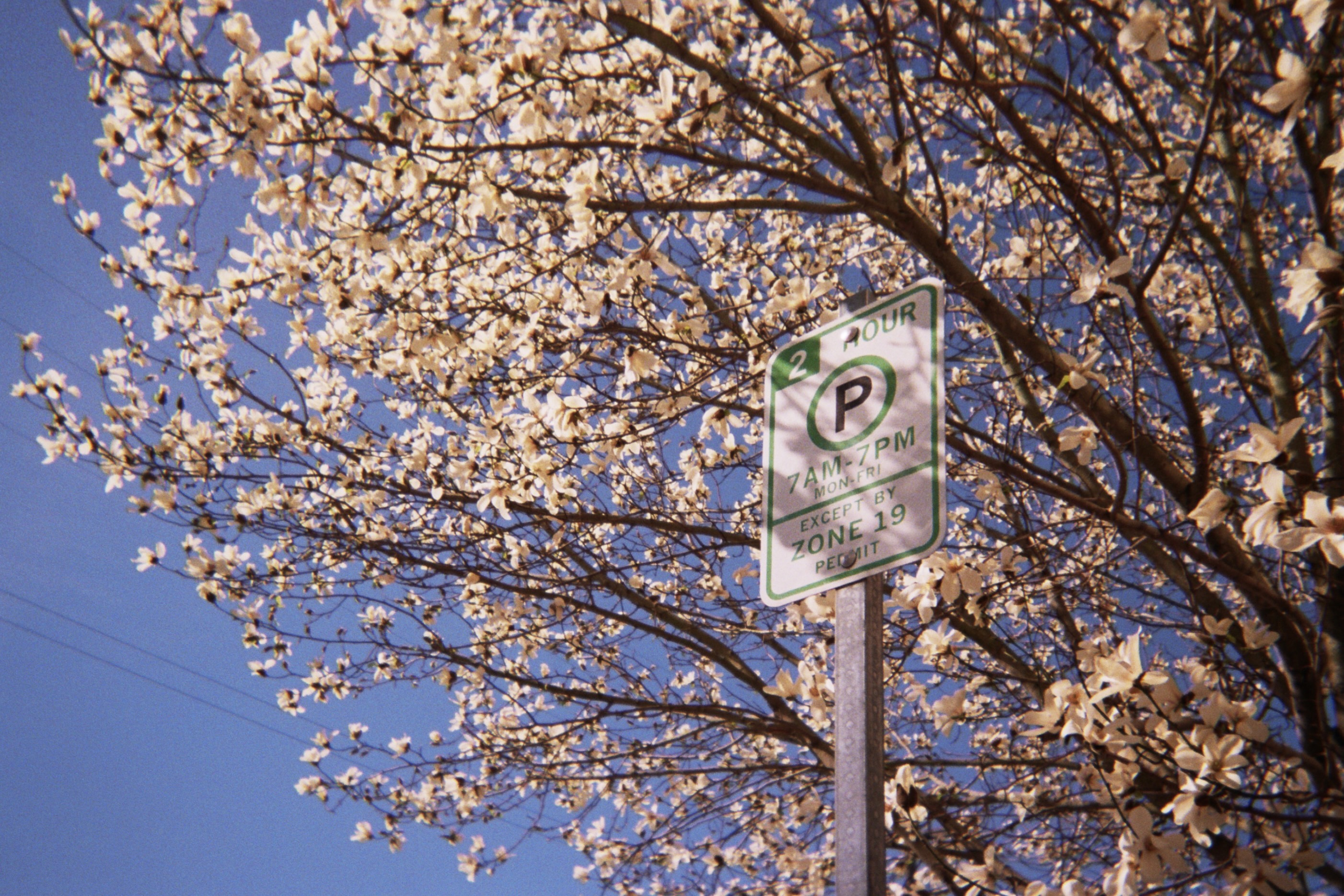
The camera offers a modest total of 27 shots. Every shot etches an indelible image on the film, which means I have to be intentional and careful with each photo I take. It forces me to engage with my environment more, to look at a view from various angles in search of a good photo that’s worth the 1/27 shot.
Finiteness also implies finality. The fact that it will run out makes using the camera a contained and complete experience. Ending—I learned—can be a merit. It gives me a sense of closure and achievement not unlike that of ticking a checkbox. It feels good to finish something.
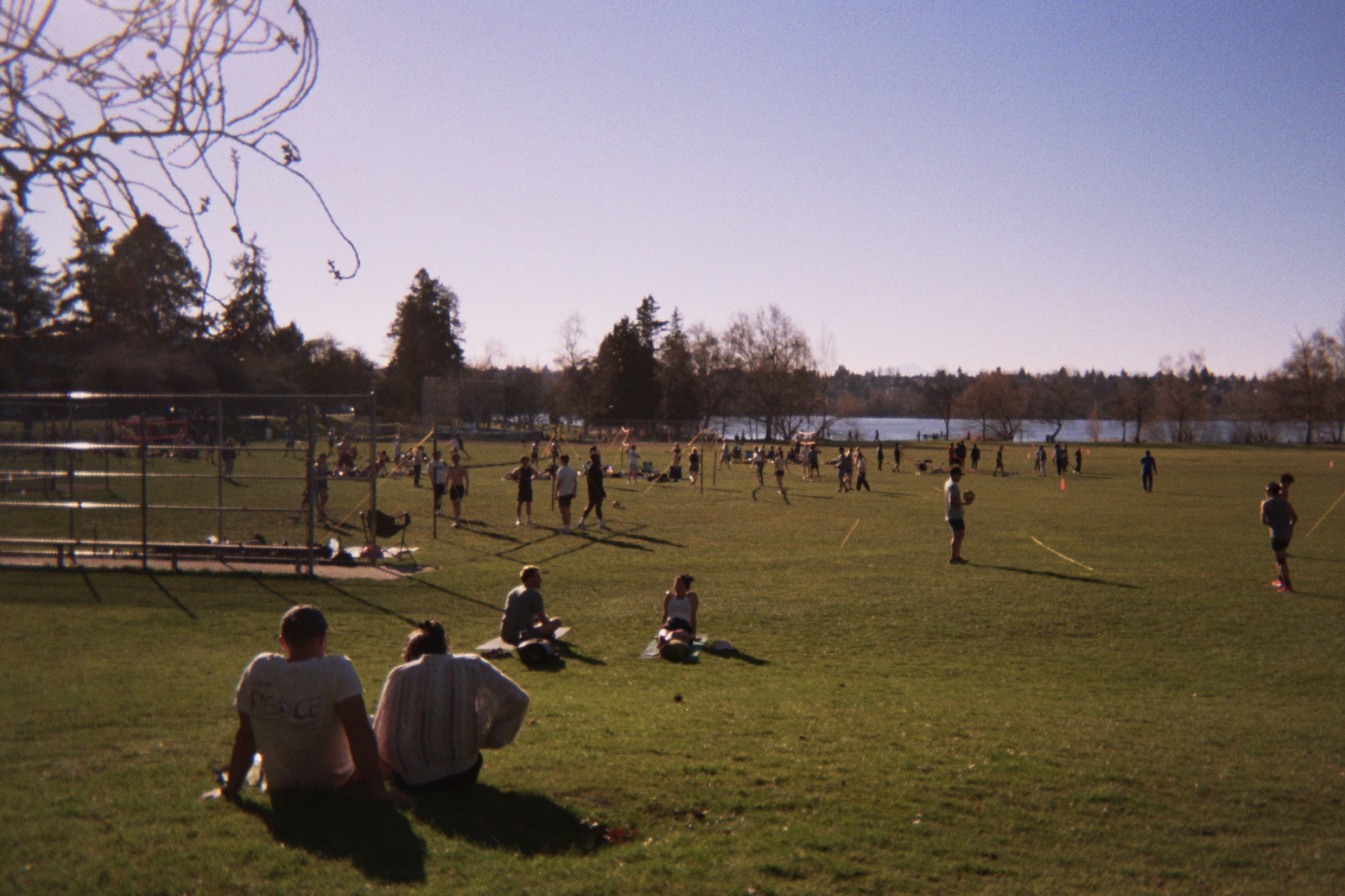
It’s funny—simply because the camera yields better results in well-lit environments, I am now more motivated to go outside when it’s sunny (definitely not because I am in Seattle). Since I can’t do it whenever I want, I am more inclined to seize the opportunity when it comes. Scarcity creates desirability.
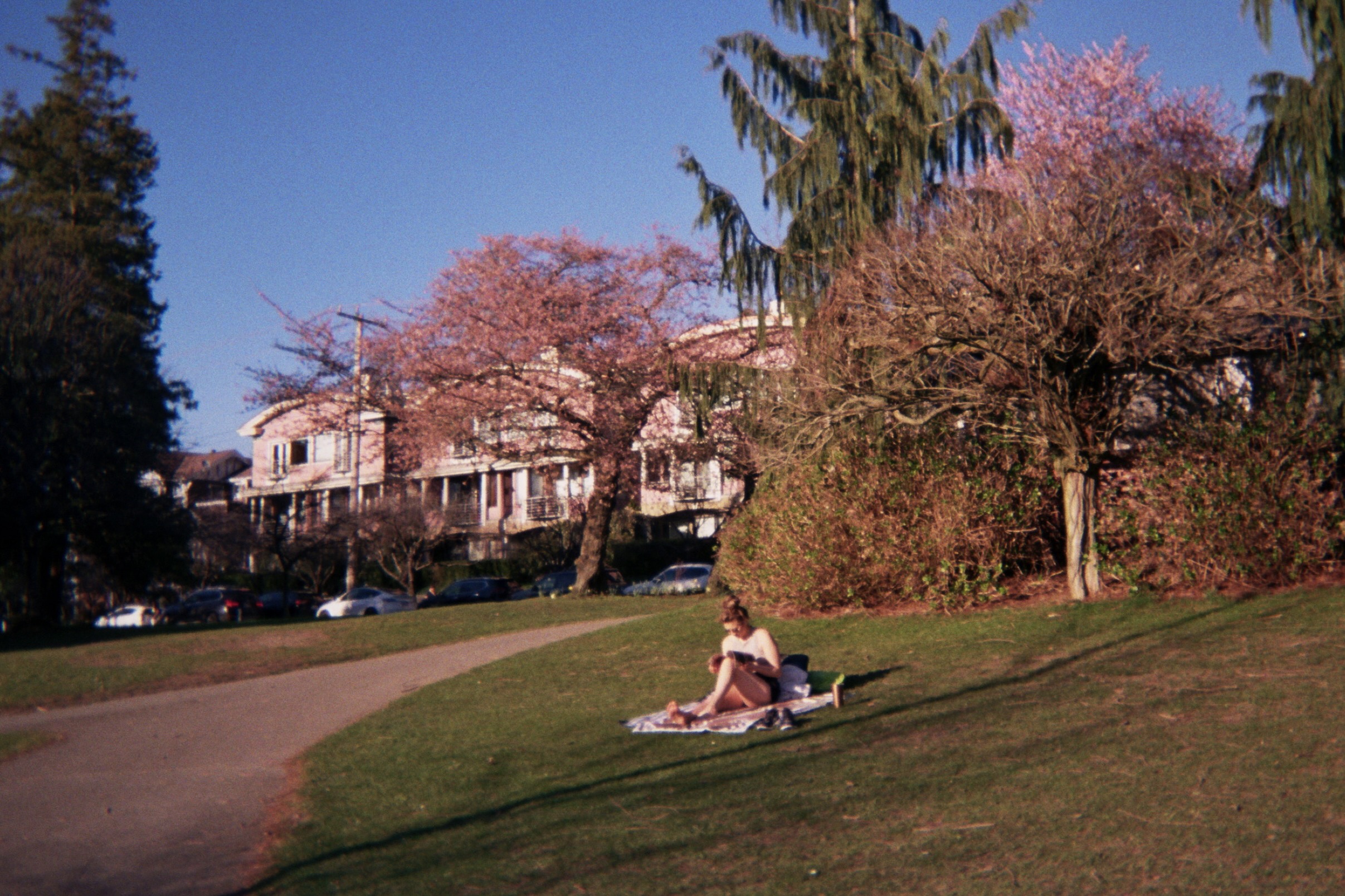
The camera comes with a laughable amount of control: you can turn the flash light on or off, that’s it. You can’t change aperture, shutter speed, or anything else. Yes it constrains the variety of shots I can take with all the controls stripped away, but it also forces me to focus on what truly matters: content and composition. Despite the limitation of choices, I also learn to work around it or leverage it to get the best result. Constraint breeds creativity.
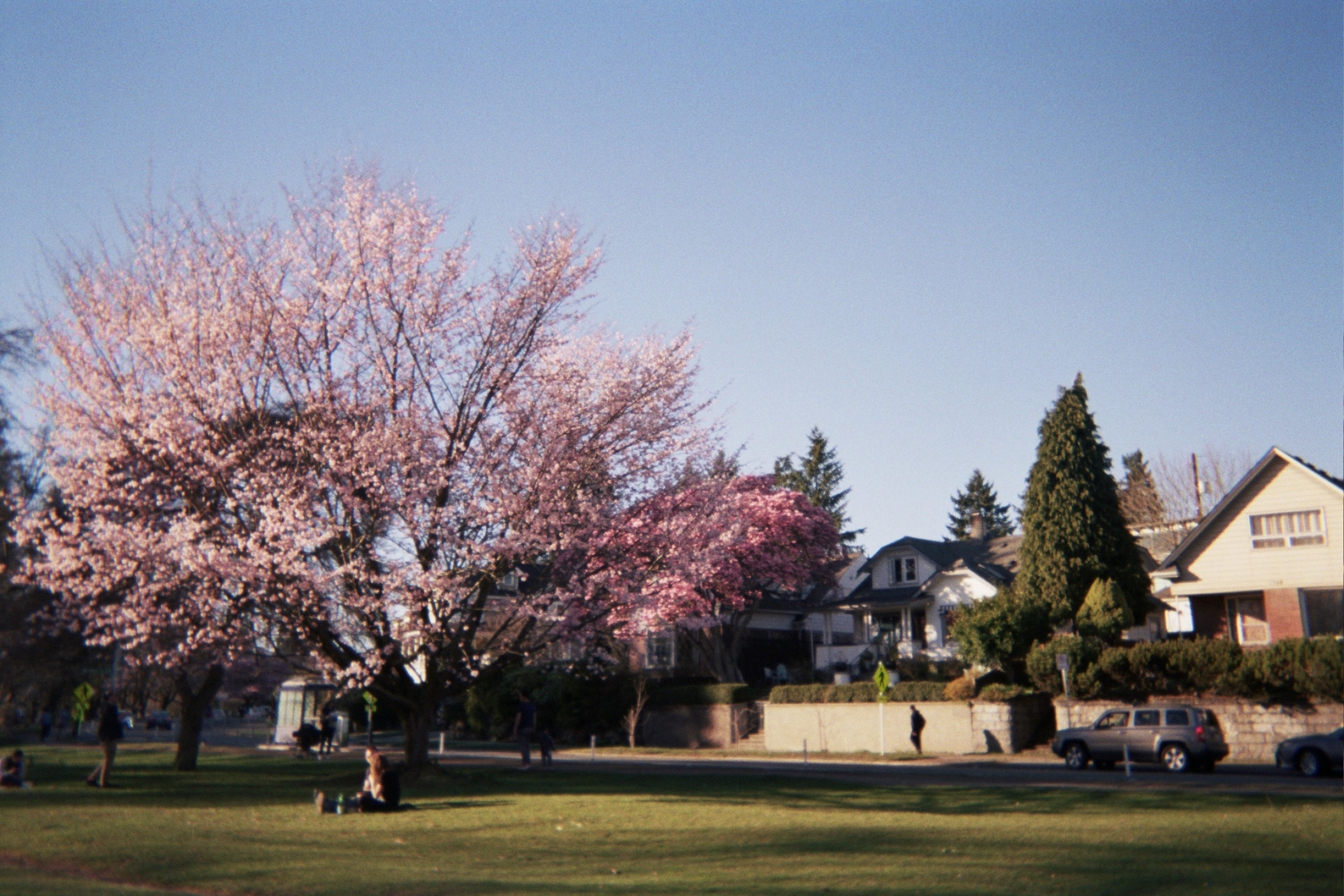
One essential feature of analog photography is the temporal distance between the capture and the result—you don’t get to see the photos you take until they are developed later. Hear me out: it’s good! The absence of immediate feedback makes it impossible to evaluate the photo at the moment and thus eliminates the need to retake. The camera is present-oriented. Every time I hit the shutter, I am fully immersed in the motion of capturing with an earnest illusion that the shot is perfect. That is photography is in its purest: I am not there to make a certificate of my experience and share it on social media, I take a photo only because something is beautiful and worth remembering.
The temporal distance also helps extend the experience beyond a particular space and time. Since I am so involved at the moment of capture, all of my senses are more attuned to the surroundings and records a higher fidelity of information about the moment. As a result, the camera preserves the “here and now” not only by freezing the view but also retaining and evoking a richer memory in me. Of course, there’s also the surprise factor, where the photo-taking is extended by the suspense and anticipation towards the final result that might include unexpected effects such as light leaks and vignettes.
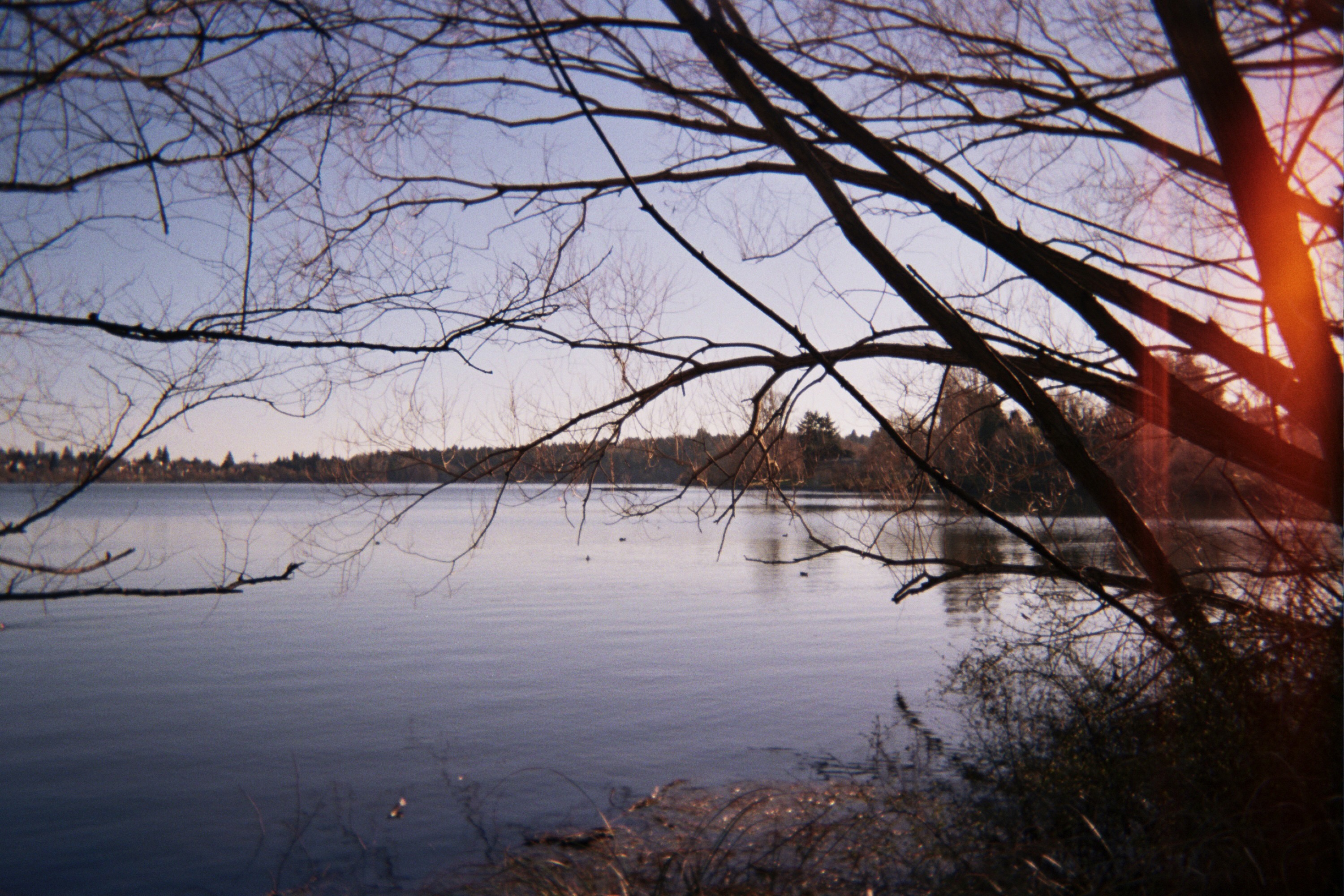
You might have noticed, a lot of what makes a disposable camera interesting—the finiteness and finality, the demanding lighting requirement, the lack of controls, and the delay of feedback—all comes down to the constraints it imposes. It is not so much about what it can do, but what it can’t.
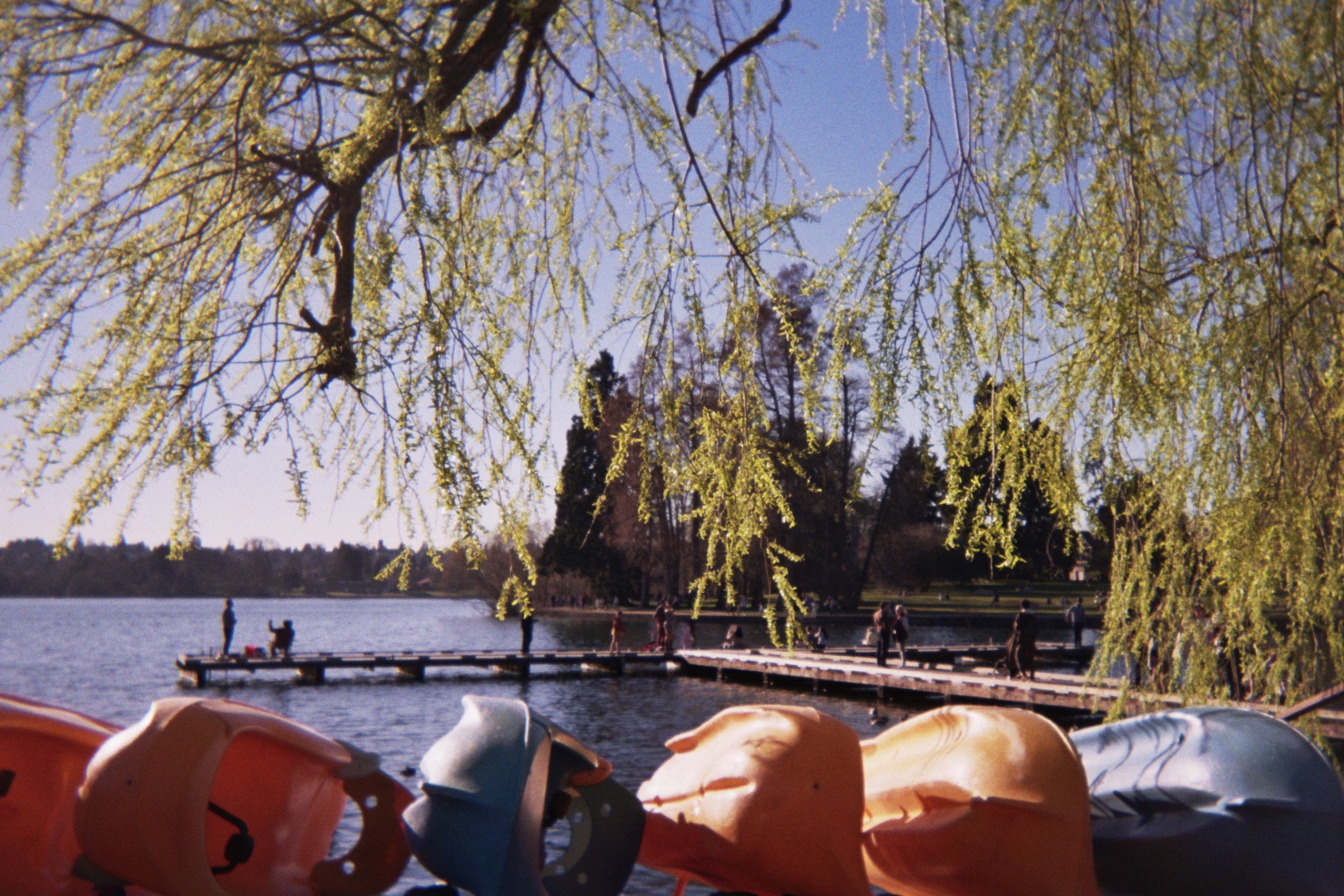
Next up, lightness! Sure the camera doesn’t weigh much, it’s small, portable, comfortable to hold and fits nicely into pockets. But I am talking more about a mental lightness it gives me. It’s cheap, accessible, and stupidly simple. Even a complete noob like myself doesn’t have to worry about messing it up. Plus, there’s zero maintenance cost. It’s not another asset that I need to own. Instead, it’s the epitome of a well-made experiential object: it serves, leaves me with nothing but good memories, and it’s gone. It might not teach me care and commitment, but it certainly makes me appreciate the fleeting time our paths crossed.
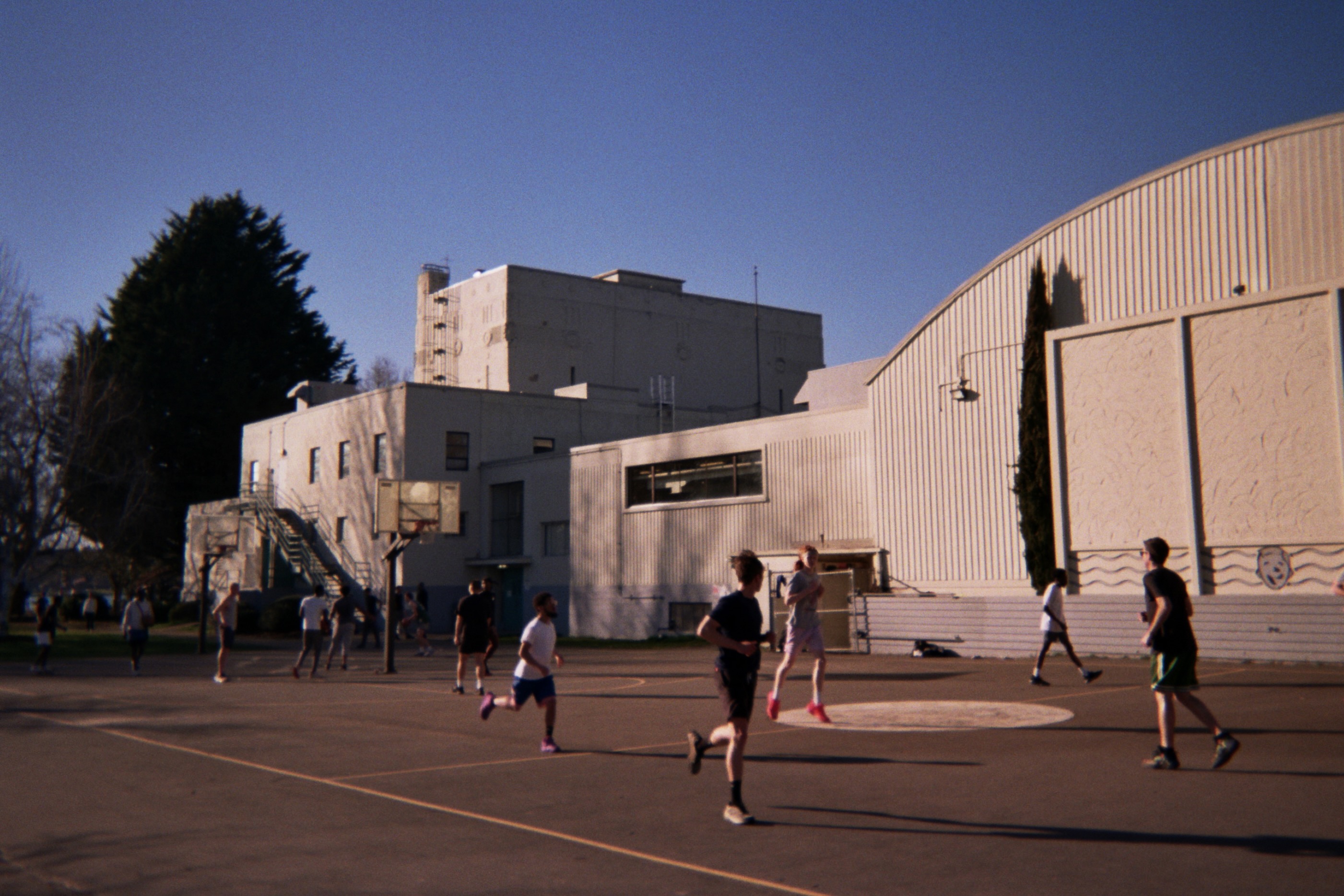
Last but not least: the physicality of the camera’s mechanics. Right below the shutter button there’s a scroll wheel to advance the film to an empty frame. Every time I turn the wheel, I can feel it turning over each step, resulting in a series of subtle vibrations spreading in my palm. When I press the button, the tension of the spring releases and generates a crisp click in the shutter, a gentle yet certain affirmation. It’s hard to put into words, but the sound and haptics from the shutter are...grotesquely gratifying. Also, I suspect that the physical act of holding the camera up to take a photo also contributes to my attentiveness. After all, when I close one eye and look through the view finder with another, all I can see is but the view, single and distraction-free.
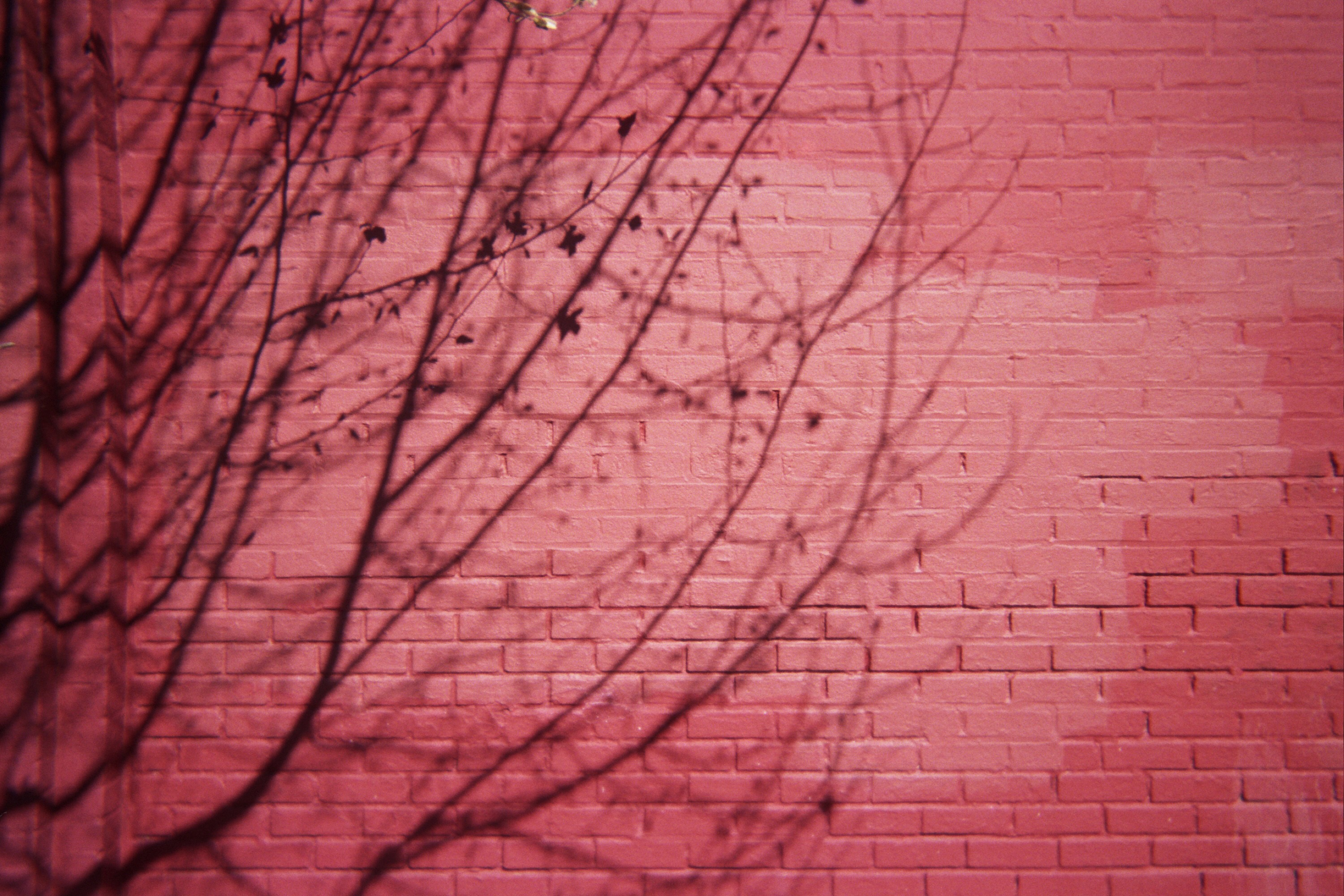
That’s it, what makes me like disposable camera so much is its physicality, mental lightness, and all the limiting factors that encourage a more intentional way of engaging with the world. It calls for an ethics of attention that is so rare in our time: slowness, focus, and patience.
If you’ve made it this far and still think “great but so what”—which is applaudable, I have a takeaway to reward you that has absolutely nothing to do with camera: next time you gift someone, try gifting them new experiences, or things that unlock new experiences. Experiences that your loved ones never had and thus expand them in new ways and make them see the world a little differently. There can’t be a better kind of gift, right?